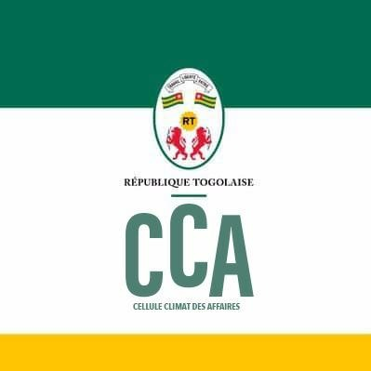The BOAD plans to double its capital

(Togo First) - On Wednesday, March 31, 2021, Serge Ekue, president of the West African Development Bank (BOAD), announced that the institution plans to double its capital.
“We plan to double the Bank's capital by structuring a capital increase operation in which member states and the BCEAO will be the reference shareholders, with the possible entry into the capital of strategic partners rated AA or higher,” said Ekue.
The project will be discussed at the next Council of Ministers of Finance of the WAMU to know the predisposition of member countries to follow through with the process. The latter should in effect allow the BOAD to increase its equity to about 1,626 billion CFA francs.
Initiating the Djoliba plan...
The capital raising as well as the structuring of the shareholding will be an essential component for the new Djoliba plan, a strategic program covering the 2021-2025 period. And while this plan revolves around certain priority sectors, others should not be left out, the Beninese financier said.
“The Bank is committed to providing about CFAF 3,300 billion (€5.03 billion) of which at least ¼ will be used to support the private sector; this is an increase of about 50% compared to the financing put in place under the previous plan,” said Ekué.
To achieve its ambitions, the BOAD aims to raise its current BBB rating, from Moody's and Fitch, by two notches. Doing so should enable it to keep mobilizing funds on the international markets.
Through this investment program, the Bank intends to help develop 12,170 hectares of land for the production of 170,300 tons of rice per year.
In the energy sector, the monies will serve to install an additional 380 MW, with a minimum share of 39% generated from renewable energies. While it just mobilized €750 million in bonds focused on sustainable development goals, the BOAD has committed to finance projects that will save 18 million tons of CO2 and increase average drinking water production by 87,700 m³/day.
Already much active in the road infrastructure sector, the Bank is expected to back the construction of 12,700 km of roads to improve transportation and facilitate the movement of people and goods across the region.
The institution headed by Serge Ekué since August 28, 2020, expects all these actions to generate 244,000 jobs; 16,700 of these are expected to be created by MSMEs, which, so far, have directly benefited from only 2% of BOAD's loan portfolio.
A looming overhaul
While the positions of vice-president and chief economist have just been created within the Bank, Serge Ekue announced that more profound reforms will follow in the coming months. The former Natixis executive said he will soon have a second vice-president, as part of the Oasis project, which he defines as “an internal change management project.” “The BOAD of tomorrow is under construction,” he added. This is as the Bank plans to “acquire the capacities required to be more efficient across the entire value chain: origination, preparation, structuring, financial structuring, monitoring of the physical and financial execution of projects, and ex-post evaluation.”
Fiacre E. Kakpo


















